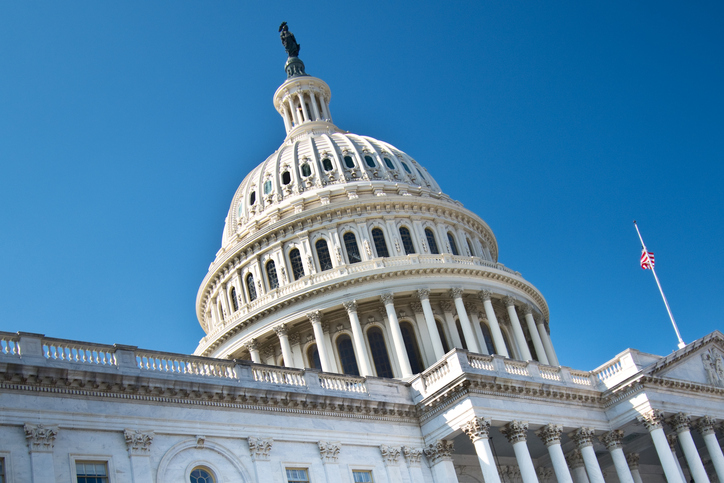New NLRB Rule Redefines a Joint Employer
Last Updated on July 23, 2024 by MyHRConcierge
Update: On July 12, 2024, the National Labor Relations Board (NLRB) made the decision to abandon the 2023 Joint Employer rule, following a federal district court’s decision. The NLRB filed a motion with the U.S. Court of Appeals for the Fifth Circuit, seeking dismissal of its challenge. While the NLRB still finds this rule to be lawful, they have decided to explore other options for addressing joint employer matters.
The National Labor Relations Board (NLRB) released a new final rule on October 26, 2023 that redefines the criteria for determining when two employers engaged in joint business activities are considered a joint employer under the National Labor Relations Act (NLRA). The new ruling replaces the April 2020 ruling currently in place and is scheduled to go into effect on March 11, 2024. This article discusses the key provisions and potential implications of this rule change.
Definition of a Joint Employer
The basis of the new rule is the two businesses’ control over the employee’s essential employment terms and conditions defined as:
- Wages, benefits and other compensation
- Hours of work and scheduling
- Assignment of duties performed
- Supervision of the performance of duties
- Work rules and directions governing the manner, means and methods of the performance and the grounds for discipline
- Tenure of employment, including hiring and discharge
- Working conditions related to the safety and health of employees
Old Rule (April 2020)
Under the previous rule, effective since April 2020, an employer could be classified as a joint employer if it had direct and immediate control over essential employment terms and conditions.
New Rule (Effective December 26,2023)
The new rule broadens the definition of joint employers. According to the updated rule, two entities are considered joint employers if they share or co-determine the essential terms and conditions of employment.
The new rule introduces a more flexible and encompassing standard for establishing joint employer status. It considers the joint employers’ authority to control the essential employment terms and conditions rather than whether they exercised those rights. It also does not consider whether that control is direct or indirect. This shift in the definition of joint employer raises questions and uncertainties for businesses, particularly franchisors regarding their employment policies.
Response To The New Joint Employer Ruling
Potential Legal Challenges
Several experts believe that the new rule may face legal challenges since it departs from the previous standard and introduces ambiguity into labor relations. Businesses and industry groups are expected to closely monitor and potentially challenge the rule in court.
Congressional Review Act Resolution
In response to the new rule, Senators Bill Cassidy (R-La.) and Joe Manchin (D-W.Va.) have announced their intention to introduce a Congressional Review Act resolution. Their goal is to overturn the rule, citing concerns about its potential impact on franchise businesses and small enterprises.
Strong Business Opposition
Various business groups, including the U.S. Chamber of Commerce, the International Franchise Association, and the National Retail Federation, have strongly opposed the new rule. They argue that it could create confusion, harm both employers and workers, and hinder job growth and free enterprise within the retail sector.
Conclusion
The NLRB’s new rule on joint employers introduces a more flexible standard for determining joint employer status, raising concerns within the legal and business communities. It is likely to face legal challenges and political opposition, and its impact on labor relations and businesses, particularly in the franchise industry, will be closely monitored in the coming months.
Stay Up-to-Date On the Joint Employer Rule Status
MyHRConcierge’s human resources support services will keep you abreast of any challenges or changes to the new NLRB ruling. Learn more about our HR Management & Government Compliance services and how we can help you. Contact us today at 855-538-6947 ext 108, ccooley@myhrconcierge.com or schedule a consultation that is convenient for you below:

